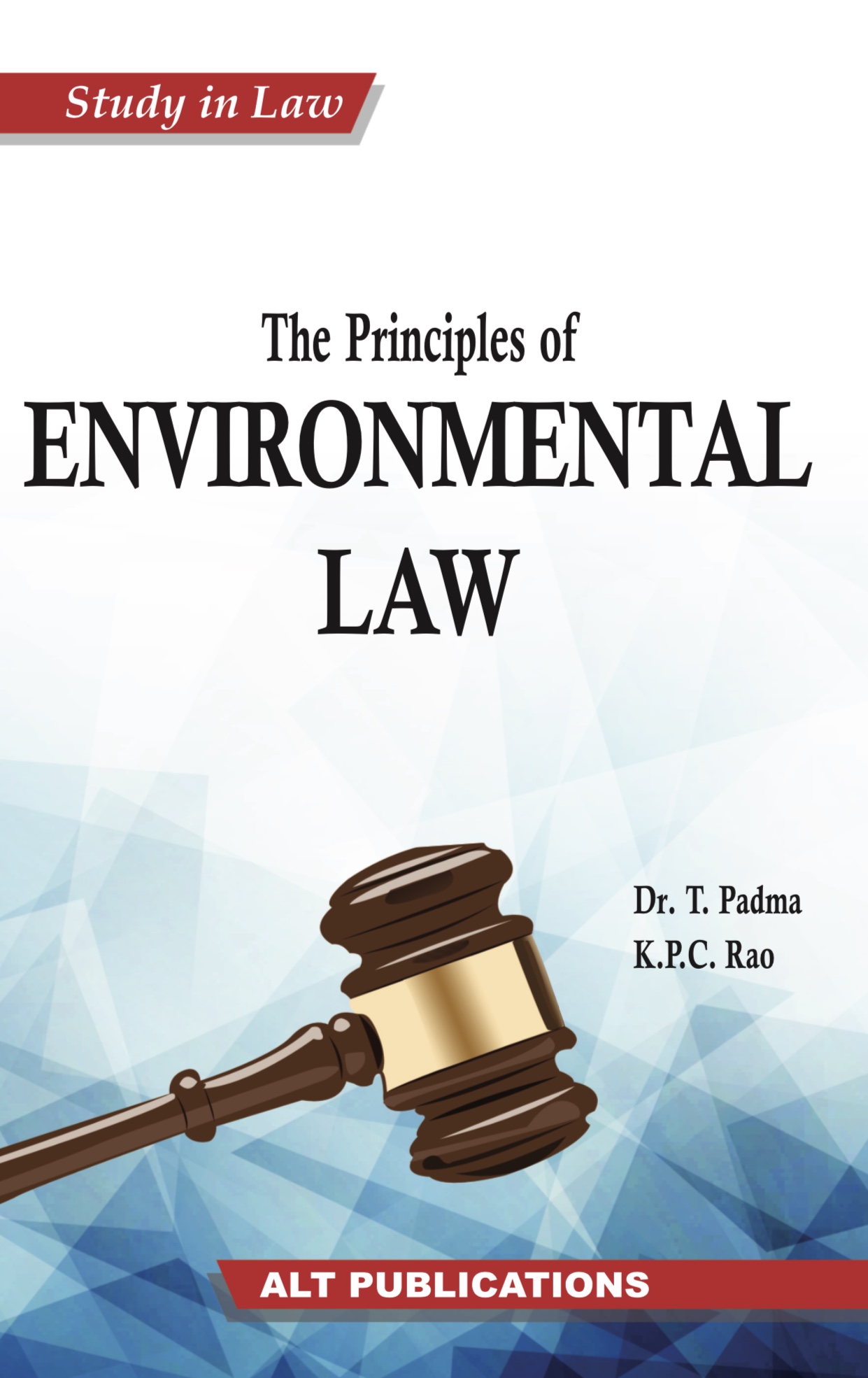The concept of environment is as old as the concept of Nature itself. It is a composite term reflecting the conditions in which organisms consisting of air, water, food, sunlight etc., thrive and become living sources of life for all the living and non-living beings including plant life.
In the Constitution of India it is clearly stated that it is the duty of the state to ‘protect and improve the environment and to safeguard the forests and wildlife of the country’. It imposes a duty on every citizen ‘to protect and improve the natural environment including forests, lakes, rivers, and wildlife’. Reference to the environment has also been made in the Directive Principles of State Policy as well as the Fundamental Rights.
The constitutional provisions are backed by a number of laws – acts, rules, and notifications. The EPA (Environment Protection Act), 1986 came into force soon after the Bhopal Gas Tragedy and is considered an umbrella legislation as it fills many gaps in the existing laws. A large number of enactments came into existence thereafter.
In response to the 186th Report of Law Commission and the suggestions of the Supreme Court the National Green Tribunal Bill was passed on 30th April, 2010, to set up National Green Tribunal (NGT) to deal with all environmental laws on air and water pollution, the Environment Protection Act, the Forest Conservation Act and the Biodiversity Act. The NGT Bill, 2009 is meant to replace NEAA Act of 1997 and NET Act of 1995. The birth of NGT is a consequence of a “reformed approach of the Government to environmental governance”.
This book provides a short cut to the students of the 5 year law degree course to enable them to get a broad understanding of the topics that would be covered under the revised syllabus with effect from the academic year 2020. Though every effort has taken to incorporate the developments / amendments on the subject, it may happen that some developments might have taken place subsequent to release of the book for publication. Hence, the readers are therefore advised to study recent amendments / case laws.
